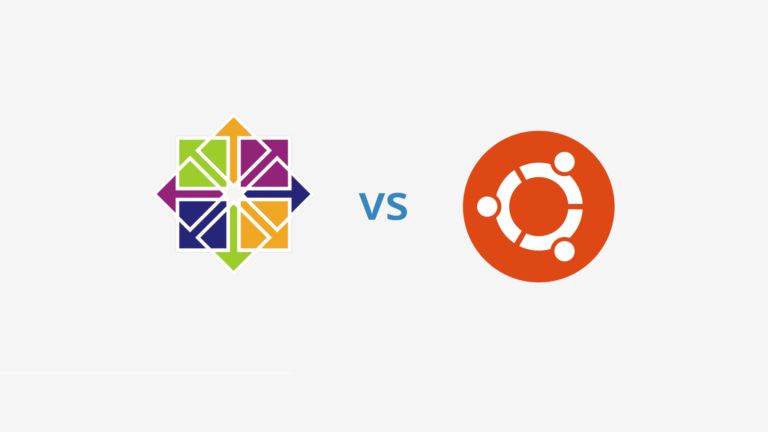Pros of using SSD hosting
There are few people who can argue with the fact that today, even enthusiasts sometimes can’t keep up with the development of technology. They are rapidly evolving every year and this does not bypass the hosting market. It’s even becoming news to many that the standard in recent years has been the use of SSDs as hosting hardware, which is actively replacing HDDs that are losing out technically. Let’s take a look at why this is so important for modern websites and how it affects their performance.
What is the difference between HDD and SSD?
Before delving into the benefits of SSD hosting, it is important to understand the fundamental difference between traditional hard disk drives (HDDs) and solid state drives (SSDs). HDD (Hard Disk Drive) are mechanical devices that use rotating magnetic disks and heads to read and write data. SSDs (Solid State Drive) are based on memory chips with no moving parts. This difference in design results in significant differences in performance and reliability.
SSD and HDD speed and caching comparison
One of the key parameters, or rather even the main parameter that determines the efficiency of disk drives is their speed. HDDs typically offer read/write speeds on the order of 100-150 MB/s, while SSDs boast speeds of 500 MB/s and higher. Modern NVMe SSDs achieve speeds in excess of 3000 MB/s.
In addition, IOPS (Input/Output Operations Per Second) – the number of I/O operations per second – is important. Hard disks have about 100 operations, while SSDs can exceed 100,000. This is especially important for servers, where disk system performance is often the bottleneck.
SSD caching allows you to intermediately store the most frequently requested data on the SSD, which also speeds up access to information, even if the primary storage is HDD. However, going completely to SSD provides even better performance and reliability.
Benefits of SSD for hosting
Utilizing SSDs for different types of hosting does have some definite advantages:
- Site Speed. With high read/write speeds, SSD hosting sites load and move much faster, improving the user experience and reducing the likelihood of users abandoning the site.
- Increased reliability. The lack of mechanical parts in SSDs reduces the risk of failure due to wear and tear or physical damage. This makes such drives more reliable for storing files.
- Energy Efficiency. SSDs consume less power compared to HDDs, which is important for large data centers looking to reduce their operational electricity costs.
- Improved database performance. SSD’s high IOPS significantly improves database performance, which is critical for sites with large numbers of queries and users.
In addition, SSDs provide minimal latency when accessing files, which affects real-time interactive web applications and services.
Factors to consider when placing data on an SSD
When choosing an SSD server, it’s important to consider a few key factors:
- SSD Type. There are different types of SSDs – SATA, M.2, NVMe and others. NVMe SSDs offer the highest performance, but they also cost more.
- Storage capacity. The amount of space available should be tailored to the needs of your project. Although SSDs cost more than HDDs, properly calculating the required capacity will help you avoid overpaying.
- Provider Reliability. It is important to choose a hosting provider with a good reputation, offering quality hardware and proper technical support.
Despite the reliability of SSDs, regular data backup is still an important aspect. Make sure your provider provides such services.

Is SSD hosting right for me? Who is SSD hosting for?
SSD hosting is suitable for almost any type of web project and its use today is justified in 99% of cases. It is used for:
- Highly loaded sites. Online stores, news portals and social networks with a large number of visitors and frequent content updates.
- Databases and analytical services. Projects that actively work with databases, such as CRM systems.
- Real-time web applications. Chat rooms, online games, and other interactive applications where even minimal latency is critical.
- Development and Testing. Fast data loading and processing makes it easier to work with large projects and speeds up development and testing processes.
The only thing HDD is relevant for today is for offline storage of huge amounts of data as cheaply as possible. However, be prepared, accessing and working with files will be quite slow. Older hard drives can be used for local storage of various data archives that you access rarely.
How to switch to SSD hosting
Switching to SSD hosting is not a complicated process. To do this, you should follow the steps below:
- Choosing a hosting provider. Research the offerings on the market and choose a provider that meets your requirements in terms of performance, reliability and price.
- Needs Assessment. Determine the amount of storage you need and the type of SSD that’s right for you, or ask your provider to help you with this.
- Transition Planning. Make a data migration plan, taking into account possible resource downtime.
- Backup. Make a full backup of your data before migrating.
- Data Transfer. Perform the data migration to the new hosting by following your provider’s instructions or using their services. We offer free website migration when you order our hosting.
After migrating the data, do a full test of the site on the new hosting to make sure everything is working correctly.
Development of SSD hosting
SSD technology is improving every year. The introduction of new memory types, such as 3D NAND and QLC, is enabling SSDs to increase capacity and reduce cost. The development of interfaces such as NVMe also continues, providing ever faster data transfer rates and reduced latency.
The emergence of cloud services and containerization opens up new opportunities for SSDs. Companies are increasingly choosing hybrid solutions, combining SSDs for mission-critical data and HDDs for archival storage to find the optimal balance between performance and cost of service.
SSD hosting is not just the future, but the present of web hosting, providing options for fast and reliable data storage that is integral to the success of any modern web project. Regardless of the type of your website, moving to SSD hosting will greatly improve its performance, reliability and, as a result, user experience.







